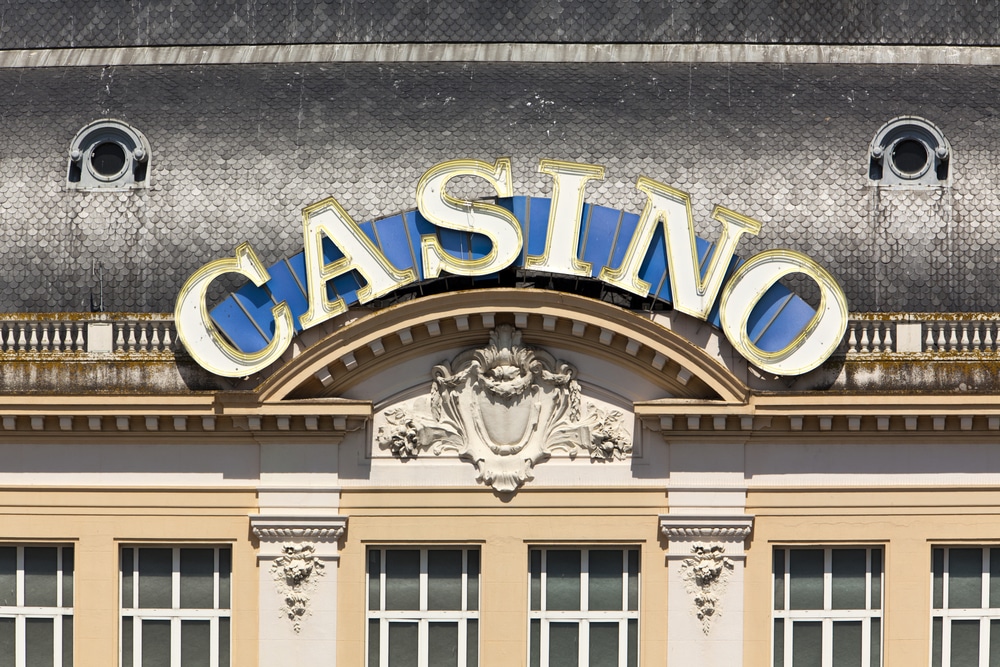
Casino games have long been a significant aspect of human culture, providing not just entertainment but a intriguing reflection of our hopes, ambitions, and concerns. From the turning reels of a slot machine to the tactical play of poker, these games encapsulate a range of human emotions and events. At their core, casino games are not just a chance to earn cash; they are a snapshot of life itself, where risk versus reward intertwine and fortunes can change in an moment.
As players assemble around tables or sit in front of glowing machines, they take part in a ritual that transcends mere playing. These games mirror our instinctive desires for social interaction, adventure, and the search for fortune. They also reveal deeper truths about human behavior, such as our relationship with fate and the excitement of risk. In exploring casino games, we reveal not only the nuances of play but also the rich tapestry of the human story, showcasing our woven narratives of goal and reality.
The Mind Behind Gambling
Gambling is intrinsically connected in human psychology, tapping into various feelings and wants. The thrill of taking risks is a fundamental aspect that draws players in, whether it’s thrill of spinning a roulette or the excitement of drawing a winning card in poker. This adrenaline is frequently likened to other forms of thrill, as the uncertainty of outcomes triggers a unique psychological response. Players often become captivated by the possibility of striking it rich, leading to an irresistible draw toward casino games.
Additionally, an essential component of the psychology behind gambling is the concept of hope and ambition. Players often indulge in dreams of financial freedom and the opulent lifestyle that can accompany winning. This hope fuels their ongoing participation in casino games, as it provides a sense of meaning and the belief that a transformative win could be just one bet away. The narrative of beating the odds and achieving success resonates with many, reinforcing their dedication to play and involve themselves with these games.
Lastly, social dynamics play a crucial role in gambling psychology. Casino environments are designed to promote social interaction, where players gather to share the journey of wins and losses. This shared aspect not only enhances enjoyment but also affects behavior, as individuals often imitate the actions of others in their vicinity. The social validation found in mutual thrill can magnify the emotional experience, making casino games a mirror of not just personal desires but also shared involvement within the gaming community.
### Risk and Reward: A Double-Edged Sword
Gambling activities embody the fragile balance between danger and reward that resonates profoundly with human psychology. The thrill of placing a bet is often accompanied by a rush of adrenaline, as gamblers are confronted with the prospect of a huge payout, yet cognizant of the risk to lose. This bipartisan experience reflects a essential aspect of life: the choices we make often come with intrinsic risks, and the quest for benefit can push us to take chances we might not typically consider. In this way, casino games reflect real-world decisions, enticing players to risk not just their money, but also their aspirations.
The allure of big prizes and winnings fuels a sense of optimism, motivating gamblers to imagine a more promising future that could emerge from a lucky spin of the roulette or turn of a card. This positive outlook can drive individuals to engage in more daring actions, urging them to push their boundaries in search of monetary success. However, just as in life, the consequences of these risks can lead to both triumph and failure. The narratives of both jackpot winners and those who have faced losses everything at the casino demonstrate the chaotic nature of chance and its impactful repercussions on our futures.
Ultimately, the experience of engaging with gambling activities serves as a strong reminder of the nature of humanity. Every session played is loaded with the tension of ambiguity, as players weigh the rewards against the dangers. This interaction not only highlights the thrill that comes with betting but also unveils the vulnerabilities that come with the urge for more. As we explore the challenges of choice and consequence in both the casino and in life, we find that the search for benefit shapes our sense of self and journeys in deep ways.
Community and Solitude in Gambling Culture
Casino culture is a special combination of social interaction and personal endeavor, reflecting the dualities of individual experience. Gamblers often gather around games, sharing in the thrill of the game, celebrating wins, and sympathizing over losses. This social aspect is essential, as it creates a sense of community and camaraderie among diverse groups of individuals. Regular attendees to casinos may form friendships and establish routines, turning the casino into a alternative home where they experience connected to a larger community of gamblers. casinos not on GamStop
However, the appeal of gambling activities can also lead to isolation. As individuals become engrossed in the excitement of playing, they may isolate from personal relationships or fail to engage with the environment outside the casino. For some, the search of a jackpot can distract from real connections, leading to isolation. The experience of being surrounded others yet experiencing solitary is not rare, as the focus shifts from collective fun to the individual concerns of each player’s journey.
This interplay of community and solitude creates a vivid mosaic that defines casino culture. It highlights the intricacy of human interactions, where happiness and sorrow exist together. Gambling venues serve as both a refuge for social interaction and a stage for individual struggles, demonstrating how intimately connected our desire for companionship and the individual quest for fortune can be. In navigating this environment, players confront their own narratives—seeking both the rush of the game and the fellowship of other players, eventually mirroring the wider spectrum of human experience.